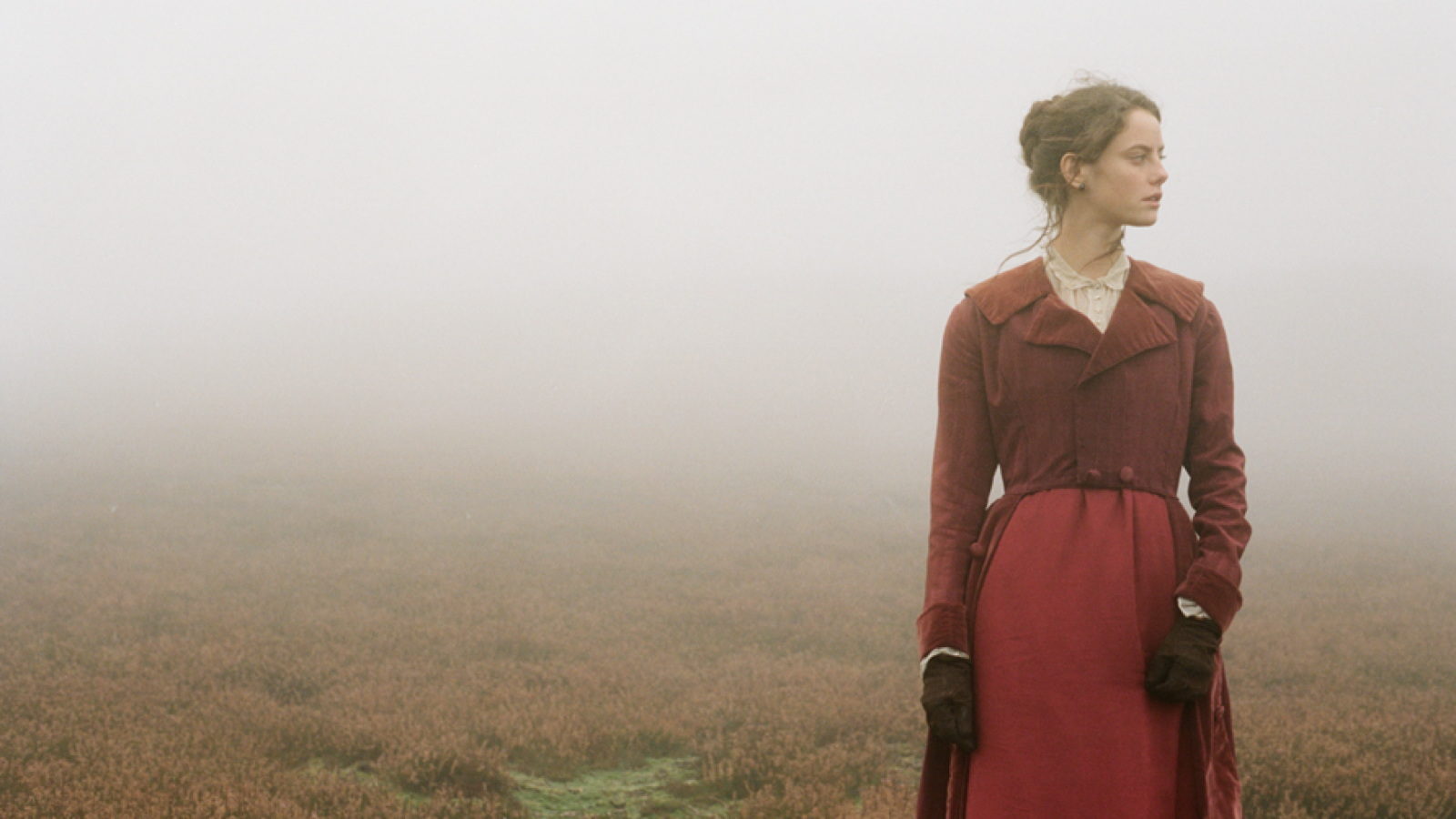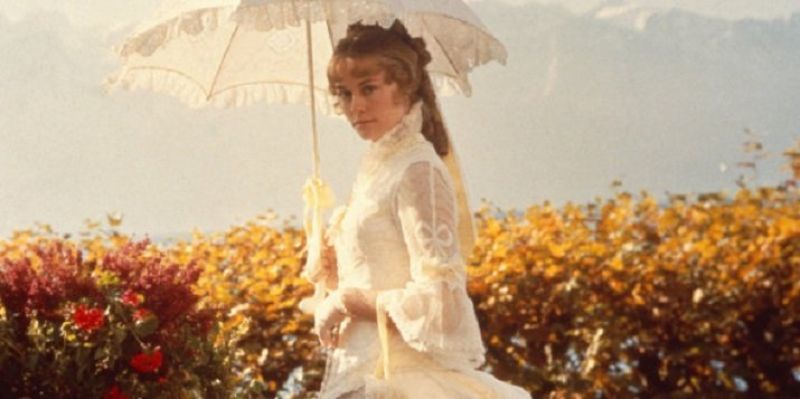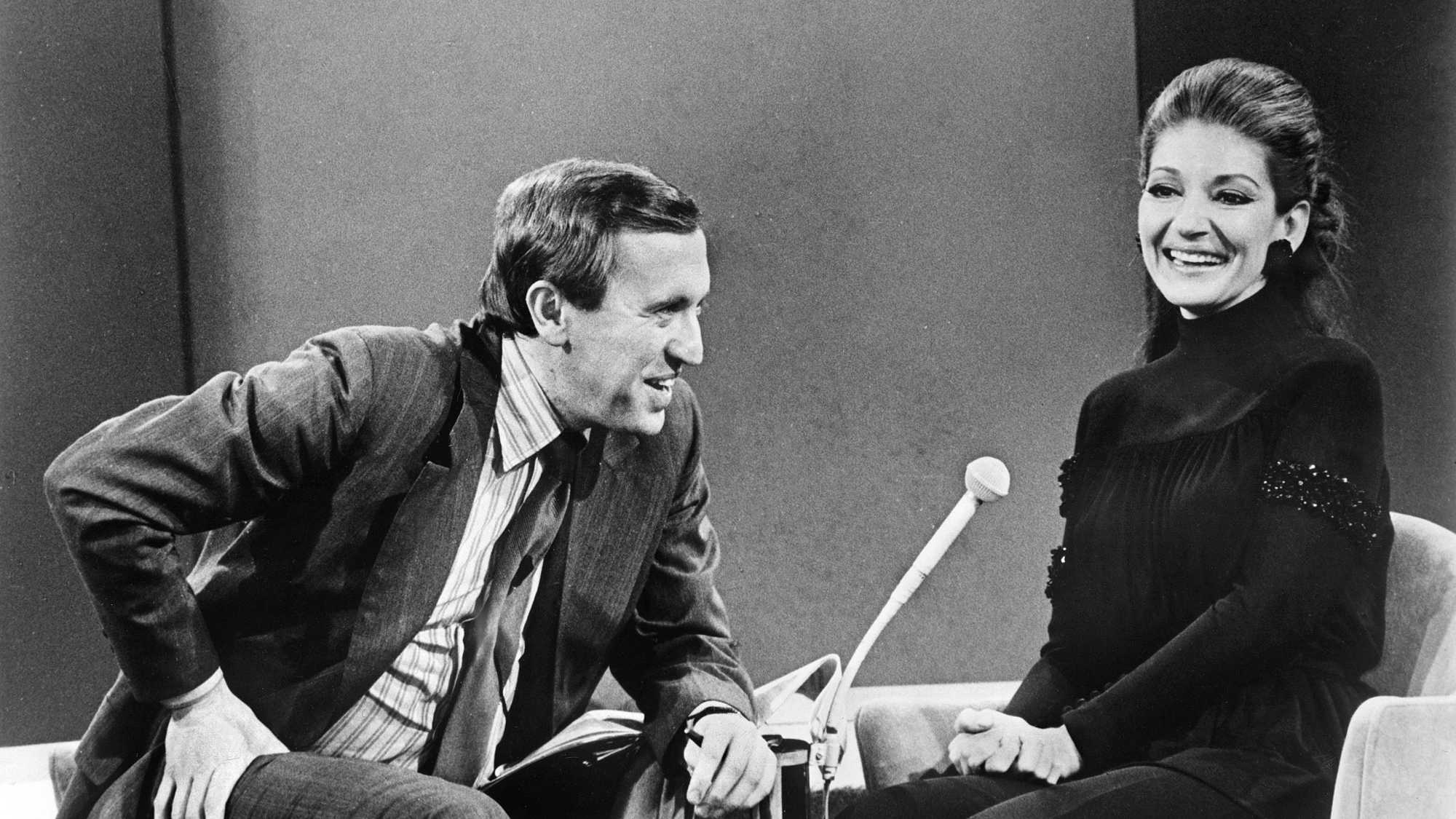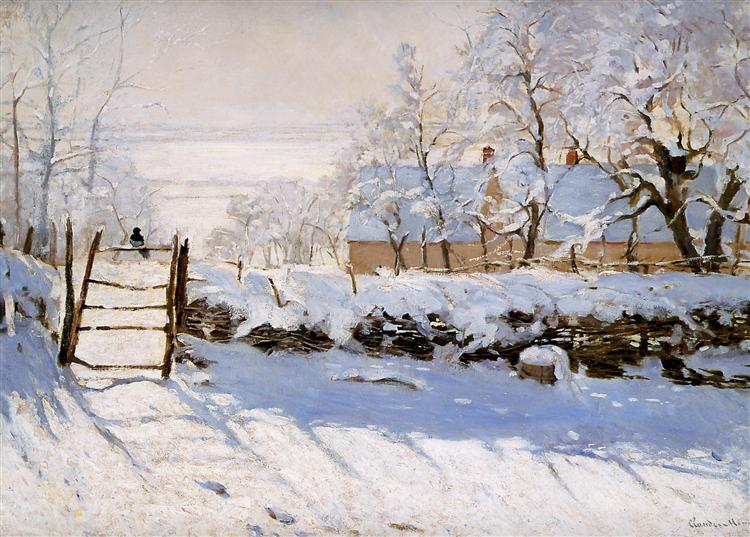Review
A bushfire in the Harmattan: Reading Things Fall Apart
Aug 27, 2022
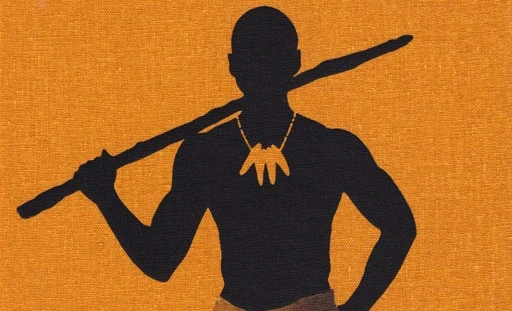
Photo credit: https://villains.fandom.com/wiki/Okonkwo
"To build may have to be the slow and laborious task of years. To destroy can be the thoughtless act of a single day."
Or can it? This is the question Chinua Achebe has left me with at the end of his 1958 classic, Things Fall Apart. The town of Umuofia is not destroyed in a single day. The destructive work of the invaders takes years, local allies, lengthy exchanges, and of course, force. But the force is not a brute one. When the first white man who arrives is hanged by the villagers of Abame, his countrymen retaliate by returning to shoot every member of the village. After this massacre the people are not converted to Christianity. Those who survive flee to their mother lands across the Nine Villages of their clan, carrying with them their traditions, beliefs, and spirits intact.
The annihilation of a village is not what destroyed the native culture of southern Nigeria. No, what killed their culture was the gradual and highly contested infiltration of their belief system by the patience and firmness of black and white missionaries alike. Mr Brown, the white missionary oversees the process, while Mr Kiagi, the black representative and leader makes the real conversations day-to-day. By the time the less pacific Mr Smith arrives to take over his predecessor's role, the groundwork has been laid: by ignoring and directly defying many of the village customs and not being punished by the gods for it, Mr Kiagi builds a strong case for a a different--that is, the white man's--God.
The friction between the new and old Gods comes to a head at the end of the book. When the small crowd of men outside Okonkwo's hut refuse to directly answer the Commissioner's question, his threat is to "lock them all up." These four words sum up the difference in the new culture--Western, Christian, British; whatever you like to call it--and the old tribal one. The latter is personal, in the narrow sense of the word. Men and women, boys and girls are responsible for their actions and for their own alone. They plant their own crops based on the strength of their gender--yams are for men; maize, melons, and beans for women. They build and maintain their own huts. When a conflict arises, the elders convene to assess each situation individually. A man who kills another man in battle keeps his skull to drink from. But the foreign culture prides itself in the externality of its judgements: for Christians, God judges all souls; for the British Her Majesty's legal system decides. In both cases there is no need for village elders, knowledge of ancestral customs, and certainly no need for individual administration of justice.
Thus when Okonkwo takes the life of the messenger and his own on the same day, this great wrestler and warrior makes his last, personal stand against the corruption and destruction of the system he respected, and in turn was supposed to respect him by making him a Lord of the village. But the system fails him. His suicide is a personal act of submission to the forces he could not contain, but also the symbol of the death of a culture. Not passively, but forcefully. Not over the course of a day, but years. The natives of the lower Niger were not "pacified", as the commissioner dreamt of. They were not tamed. The bravest of them went against all custom to commit the worst act anyone could. Doing so was not an act of docility to the white man. He was not converted to any religion. He was killed.
Some books enter the literary canon for their prose, others for their storytelling. This one entered because of its refreshing (at the time I imagine shocking) portrayal of the Igbo people before and during colonization. Nowhere else (perhaps other than Zora Neal Hurston's Barracoon) have I read such a sophisticated portrait of pre-colonized people that does justice to their achievements, flaws, sensibilities, customs, and humanness. The story reads like an anthropological study ought to: without the patronizing overtones of a foreign people believing in their duty to document archaic and primitive rituals. The author, in 152 short pages, takes us into the world of Okonkwo only to throw us out again at the end. If this warrior's body was not be buried with his people, as custom dictated but as I believe he deserved, thanks to Achebe at least his fighting spirit will remain with us, forever.
More in
Review
Hate, disgust, repulsion, bewilderment: Wuthering Heights still invokes the deepest of emotions
Sep 14, 2023
A belated review of Henry James' Daisy Miller (1879)
Aug 14, 2022
What does it mean to be original? Thoughts on the life of Maria Callas
Apr 16, 2022
Guardar el más profundo silencio: Reacción a “Para hacer el retrato de un pájaro” por Jacques Prévert
Mar 27, 2022

